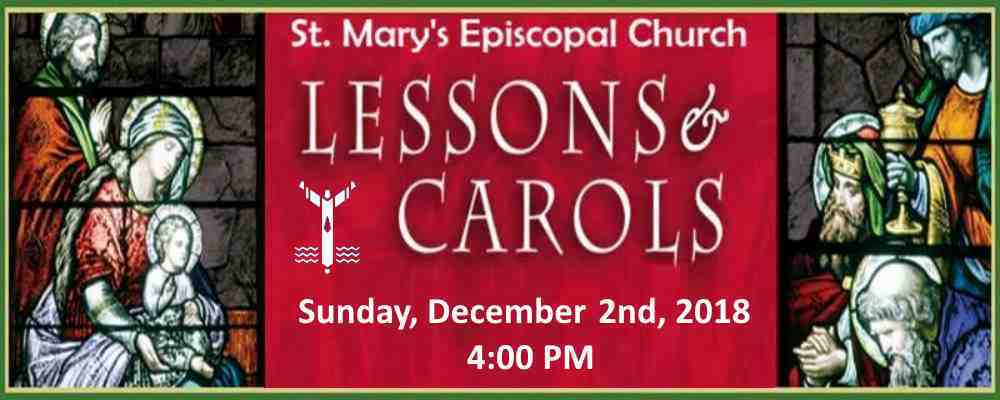There are events that occur year-after year on the liturgical calendar that might seem to be a sort of curiosity causing one to ask: “How did that ever come about?” Gaudete Sunday, more familiarly referred to as Rose Sunday, perhaps qualifies as one such occasion, celebrated as it is on the third Sunday in Advent. And it has a cousin, if not a twin, in the season of Lent, the fourth Sunday known as Laetare. Both share the same purpose as based on their respective translations from the Latin…to rejoice! In the case of gaudete it comes from the Latin opening words of the introit antiphon, “Rejoice (Gaudete) in the Lord always.” As for Laetare, it is derived from the beginning words of the Latin Mass, “Rejoice (Laetare) Jerusalem” (Isaiah 66:10). In other words, both express the spiritual imperative of our rejoicing, rejoicing in the anticipation of Christ’s birth at Christmas; and the equally joyful anticipation of his resurrection at Easter. Consequently in both instances the vestments are rose in color instead of the deeper, more penitential color of purple, otherwise worn during Advent and Lent.
It is perhaps also a curiosity of our faith that in spite of the many reasons to rejoice, to be joyful, as Christians we all too often find it difficult to do so. In part this is because we are likely to misconstrue the contemporary view of happiness with the biblically based teaching of what rejoicing and joyfulness are spiritually, ascetically. For example, as Christians we rejoice because of the presence of the Holy Spirit: “Even though I walk through the darkest valley, I fear no evil; for you are with me.” (Psalm 23:4). We rejoice because of the assurance of Heaven: “In my Father’s house there are many dwelling places. If it were not so, would I have told you that I go to prepare a place for you?” (John 14:2). We rejoice because of the fellowship of the Saints: “How can we thank God enough for you in return for all the joy that we feel before our God because of you?” (1 Thessalonians 3:9). We rejoice because of the grace of Christ: “…and he is the atoning sacrifice for our sins, and not for ours only but also for the sins of the whole world.” (1 John 2:2). And we rejoice because of the sovereignty of our Father: “We know that all things work together for good for those who love God, who are called according to his purpose.” (Romans 8:28). Of course there are more reasons for us to rejoice, to be joyful in the knowledge and assurance of our God, God the Father, God the Son, God the Holy Spirit is loving, forgiving, caring, affirming, and protecting us much like parents do for their children. Indeed, these few passages but hint at the numerous biblical sources for embracing the spiritual imperative of “rejoice in the Lord always…”.
Why is this important and meaningful? Actually rejoicing and joyfulness are essential spiritual building blocks of our faith, for how else but through faith could we come to embrace them? But as shown above, they also come to us from the words of the psalmist David, the Apostles St. Paul and St. John, and our Lord and savior, Jesus Christ. In other words, to rejoice, to be joyful are not superficial dimensions of our faith, but fundamental characteristics; and often reasons for those unchurched to seek us out, to evangelize, to share the good news. The Advent season is indeed a time of preparation, of anticipation for Christ’s coming as celebrated at Christmas, but we should also use this time, as this Gaudete (Rose) Sunday provides the opportunity to do, to express our joy, to rejoice for all the manifold blessings our faith bestows upon us.







Leave A Comment